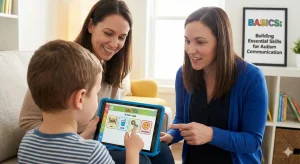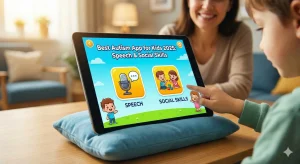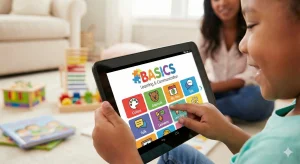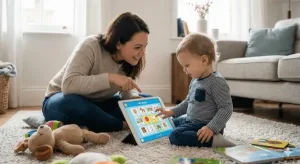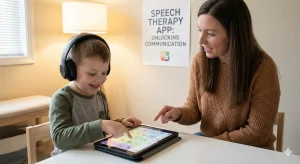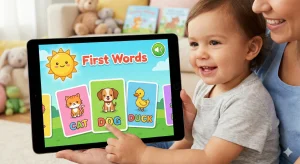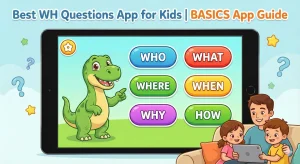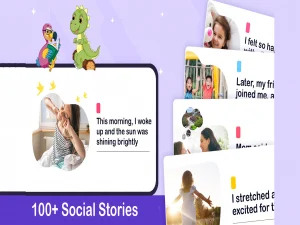Should You Consider Marriage Counseling?
By Prapoorna M
Last Updated: September 30, 2024
Navigating the ups and downs of marriage can be challenging, and sometimes, seeking outside help becomes necessary. Marriage counseling is a valuable tool that can help couples strengthen their relationship, improve communication, and resolve conflicts. However, suggesting marriage counseling can be a delicate matter. It’s important to understand that counseling is not a sign of failure but a proactive step towards a healthier and happier relationship.
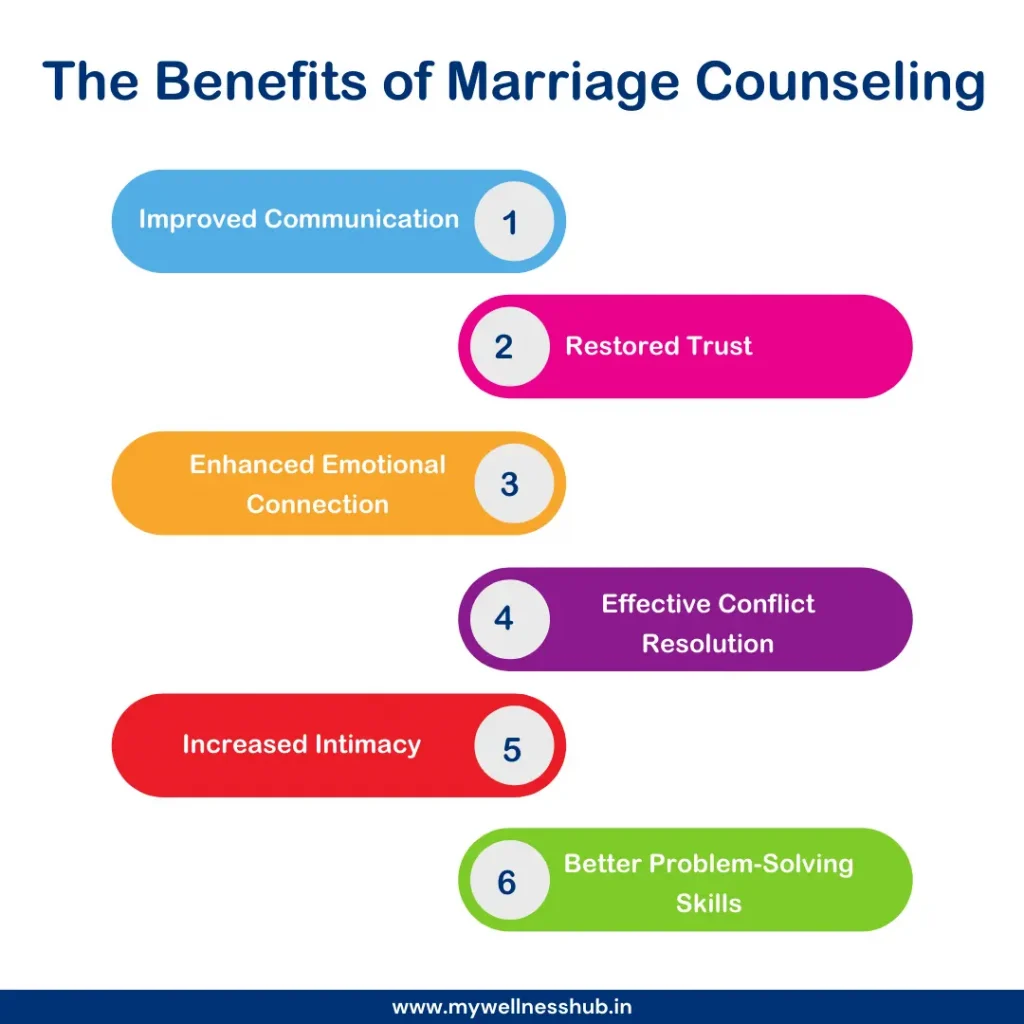
Importance of Marriage Counseling
Marriage counseling provides a safe space for couples to express their feelings, understand each other’s perspectives, and work through issues with the guidance of a professional. It can be incredibly effective in helping couples navigate common challenges such as communication breakdowns, financial disagreements, and intimacy issues.
Marriage counseling provides a safe space for couples to express their feelings, understand each other’s perspectives, and work through issues with the guidance of a professional. It can be incredibly effective in helping couples navigate common challenges such as communication breakdowns, financial disagreements, and intimacy issues.
Also Read: How to Know If You Need Marriage Counselling? and is it Effective?
Choosing the Right Time to Bring It Up
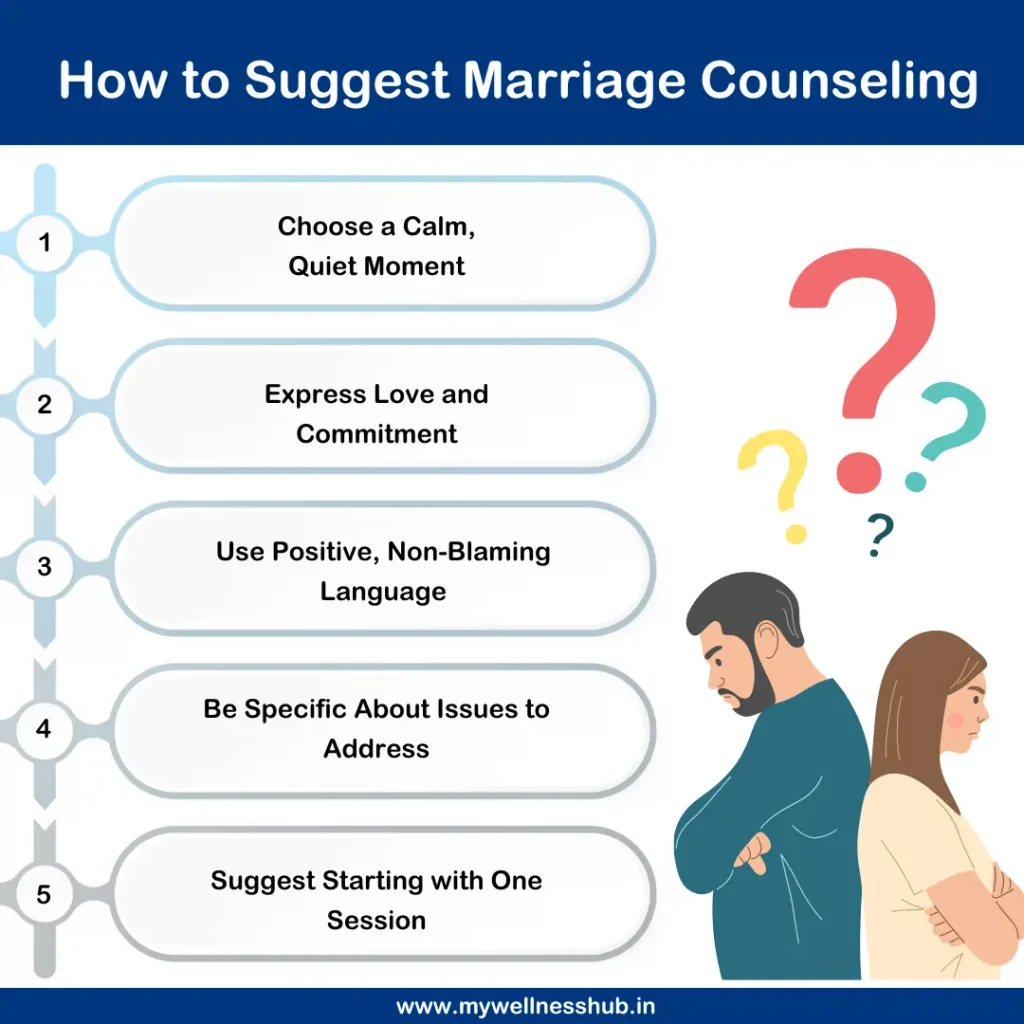
When it comes to suggesting marriage counseling, timing is crucial. Bringing up such a sensitive topic during the wrong moment can lead to defensiveness and resistance. Here are some tips to choose the right time:
1. Avoid Suggesting During Arguments
One of the worst times to suggest marriage counseling is during an argument. When emotions are high and tensions are flaring, your partner might perceive the suggestion as an attack or a sign that you think the relationship is failing. This can make them defensive and less open to the idea.
Instead, wait until both of you are calm and collected. Bringing up counseling in the heat of the moment can turn it into a weapon rather than a tool for improvement.
2. Finding a Calm, Quiet Moment
Choose a time when you and your partner are both relaxed and can have a thoughtful, uninterrupted conversation. This might be during a quiet evening at home, on a peaceful walk, or over a relaxed meal. The goal is to create a setting where both of you feel comfortable and open to discussing your relationship.
How to Approach the Topic
Approaching the topic of marriage counseling requires sensitivity and care. Here’s how you can do it effectively:
1. Expressing Love and Commitment
Start the conversation by expressing your love and commitment to your partner. Let them know that your suggestion comes from a place of wanting to strengthen your relationship, not from dissatisfaction or blame.
For example, you might say, “I love our relationship and I love you. I want us to be the best we can be together, and I think counseling could help us get there.”
2. Using Positive, Non-Blaming Language
Use language that focuses on the benefits of marriage counseling rather than on the problems in your relationship. Avoid phrases that might make your partner feel blamed or attacked.
Instead of saying, “You never listen to me, and we need help,” try, “I think we could communicate even better with some help from a professional.”
3. Being Specific About Issues to Address
Be clear about why you think counseling would be beneficial. Mention specific issues you’d like to work on, but frame them in a way that shows you want to improve things together.
For instance, “I feel like we sometimes struggle with understanding each other’s perspectives, and I think counseling could help us learn to communicate more effectively.”
Addressing Common Concerns
When suggesting marriage counseling, it’s natural for your partner to have concerns. Addressing these worries thoughtfully can help ease their apprehensions and make them more open to the idea.
1. Overcoming Stigma and Misconceptions
Many people associate counseling with failure or a sign that their relationship is in serious trouble. It’s important to dispel these misconceptions. Counseling is not about pointing fingers or assigning blame; it’s about finding solutions together. Emphasize that seeking help is a proactive step towards building a stronger and healthier relationship. Reassure your partner that many couples benefit from counseling and that it’s a sign of strength to seek support when needed.
2. Discussing Time and Cost Considerations
Time and cost are common concerns when considering counseling. Address these practicalities by discussing how you can fit sessions into your schedule and budget. Highlight that the investment in counseling can lead to long-term benefits for your relationship, potentially saving you from more significant problems down the line. You might suggest starting with a few sessions to see how it goes and then deciding together whether to continue.
3. Addressing Cultural and Personal Hesitations
Cultural and personal beliefs can also impact how someone feels about counseling. Some people may feel that therapy is not for them due to cultural norms or personal hesitations. Be respectful of these views and offer alternatives if necessary. For instance, you might ask if they would prefer a therapist of a specific background or suggest starting with resources like relationship workbooks or online courses that can be done at home.
Read more: Mental Health and Relationships: Understanding the Connection
Tips for a Successful Conversation
Having a successful conversation about marriage counseling involves patience, active listening, and flexibility.
1. Being Patient and Giving Your Partner Time
Your partner may need time to warm up to the idea of counseling. Be patient and give them the space to process their feelings. Don’t rush the conversation or push them to make a decision immediately. Let them know that you’re willing to revisit the topic whenever they feel ready.
2. Active Listening and Acknowledging Concerns
Active listening is crucial in any important conversation. Show your partner that you value their opinions and concerns by listening attentively and acknowledging their feelings. Repeat back what they say to ensure you understand their perspective and reassure them that their concerns are valid.
3. Suggesting Alternatives if Necessary
If your partner is hesitant about traditional counseling, suggest alternatives like relationship workbooks, online courses, or even individual therapy. These options can be less intimidating and can serve as a stepping stone towards more formal counseling if needed. For example, you might suggest starting with a workbook from experts like John and Julie Gottman or exploring online resources together.
Read more: The Role of Self-Care in Maintaining Healthy Relationships
Potential Alternatives to Traditional Counseling
Sometimes, traditional marriage counseling might not be the right fit for every couple. If your partner is hesitant or you’re looking for supplementary resources, there are several effective alternatives that can still provide valuable support for your relationship.
1. Relationship Workbooks
Relationship workbooks can be an excellent tool for couples who prefer a more private or self-guided approach. These workbooks often include exercises, prompts, and activities designed to help you and your partner explore your feelings, improve communication, and work through common relationship challenges.
Books like “Getting the Love You Want Workbook” by Harville Hendrix and Helen LaKelly Hunt, or “The Seven Principles for Making Marriage Work” by John Gottman, offer structured activities that can be done at your own pace. These resources provide practical tools and insights that can help you strengthen your relationship in the comfort of your home.
2. Online Courses and Resources
With the rise of digital learning, there are many online courses and resources available for couples seeking to improve their relationship. Online courses provide the flexibility to learn and grow together at your own pace. They often include videos, interactive exercises, and downloadable materials that you can revisit as needed. Platforms like the Gottman Institute also offer online workshops and resources that are based on extensive research and proven techniques.
3. Individual Therapy
If your partner is resistant to couples therapy, individual therapy can be a beneficial alternative. Working with a therapist on your own can help you gain insights into your relationship patterns, develop healthier ways to communicate, and address any personal issues that may be affecting your relationship.
Comparison of Traditional Counseling vs. Alternatives
| Aspect | Traditional Counseling | Relationship Workbooks | Online Courses and Resources | Individual Therapy |
| – Interaction Level Description | High (face-to-face sessions) Regular in-person meetings with a therapist | Low (self-guided) Exercises and activities done independently | Medium (videos and interactive content) Learning through video lessons and interactive tasks | High (one-on-one sessions) One-on-one meetings with a therapist focusing on personal issues |
| Cost Description | Varies (often higher) Can be expensive depending on the therapist’s rates and insurance coverage | Low Affordable; cost of the workbook only | Medium Moderately priced; depends on the platform and course | Varies (often lower than couples therapy) Cost depends on the therapist’s rates and insurance coverage |
| Flexibility Description | Scheduled appointments Requires setting up and attending regular sessions | Anytime Can be done at your own pace and schedule | Anytime Flexible, allowing you to learn at your convenience | Scheduled appointments Requires setting up and attending regular sessions |
| Privacy Description | Confidential setting Ensures privacy and confidentiality in sessions | High (private and self-paced) Completely private, done individually | Medium (private but online) Online access with privacy settings | Confidential setting Ensures privacy and confidentiality in sessions |
| Customization Description | Tailored to couple’s needs Personalized strategies and advice based on the couple’s specific issues | General exercises for couples Broad activities designed for various couples’ needs | General content for couples General strategies that apply to common issues in relationships | Tailored to individual’s needs Personalized strategies and advice based on the individual’s specific issues |
Conclusion
Marriage counseling can be a turning point for couples looking to build a stronger, healthier relationship. It’s not about pointing fingers or admitting failure—it’s about taking a proactive step towards better understanding and deeper connection. Through open communication and guidance, counseling can help resolve conflicts and foster a happier partnership. Remember to approach the topic with empathy and patience, and be open to exploring different options. Wellness Hub is here to support you on this journey with resources and expert advice. Investing in your relationship is a step towards a brighter and more fulfilling future together.
Frequently Asked Questions:
1. How do I suggest marriage counseling to my partner without offending them?
It’s important to approach the topic with love and understanding. Start by expressing your commitment to the relationship and frame counseling as a positive step to strengthen your bond. Avoid blaming language and focus on mutual benefits.
2. What are some signs that we might need marriage counseling?
Common signs include frequent arguments, communication breakdowns, unresolved conflicts, growing apart, and issues related to intimacy or financial disagreements. If you feel stuck or unable to resolve problems on your own, it might be time to consider counseling.
3. How can we afford marriage counseling?
Many therapists offer sliding scale fees based on income. Additionally, some insurance plans cover counseling sessions. Consider discussing budget-friendly options with potential therapists or looking into community resources and online therapy services.
4. What if my partner refuses to go to marriage counseling?
If your partner is hesitant, suggest starting with one session or exploring alternatives like relationship workbooks or online courses. Be patient and open to their concerns, and try to understand their reservations.
5. Can marriage counseling really save our relationship?
Marriage counseling can be very effective in helping couples improve communication, resolve conflicts, and reconnect. Success often depends on both partners being willing to work together and make necessary changes.
6. How do I find a good marriage counselor?
Look for licensed therapists with experience in couples counseling. You can ask for recommendations from friends, family, or your primary care doctor. Online directories and professional organizations like the American Association for Marriage and Family Therapy (AAMFT) can also help you find qualified counselors.
7. Is online marriage counseling effective?
Yes, online marriage counseling can be very effective. It offers flexibility and convenience, making it easier for busy couples to attend sessions. Many therapists provide online services using secure video conferencing platforms.
8. How many counseling sessions will we need?
The number of sessions varies depending on the complexity of the issues and your goals. Some couples see improvement in a few sessions, while others may need several months of therapy. Your counselor will work with you to develop a tailored plan.
9. What should we expect in a marriage counseling session?
In a typical session, the counselor will help you and your partner discuss your issues openly and constructively. You’ll work on communication skills, explore underlying problems, and develop strategies to improve your relationship.
10. Can we benefit from marriage counseling even if we’re not having major issues?
Absolutely. Counseling can help strengthen your relationship, improve communication, and prevent potential problems. It’s a proactive way to maintain a healthy and happy partnership.
About Author
Prapoorna Mangalampalli
M.Sc., M.A., (Dual Masters in Psychology and Senior Content Developer) – Counselor (6+ years of experience)
Prapoorna, with dual Master’s degrees in Psychology and English and over 6 years of experience, elevates human experiences through insightful counseling. She excels in online therapy, marital relationships, child family, and career counseling. At Wellness Hub, she thrives in a team environment, valuing innovation, compassion, and client success.
Book your Free Consultation Today
Parent/Caregiver Info:
Client’s Details:
* Error Message

